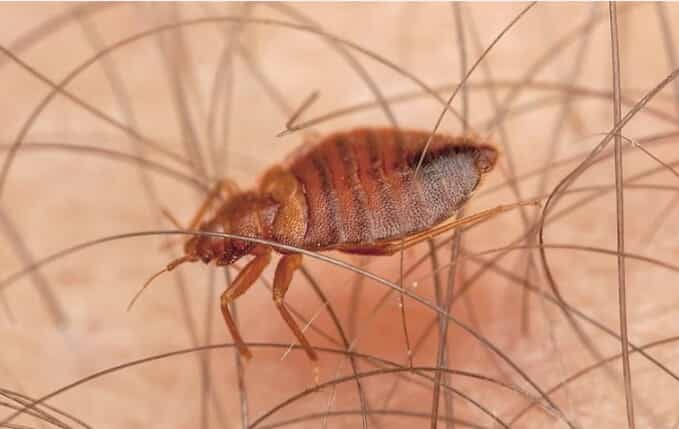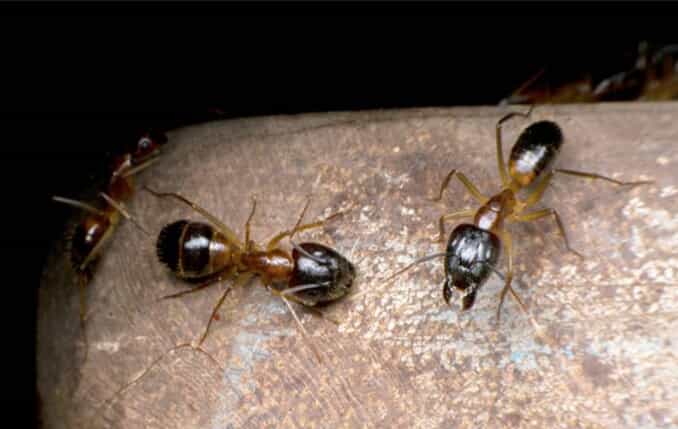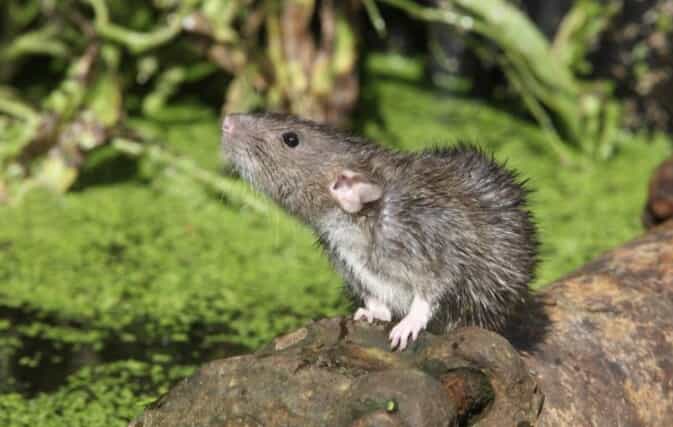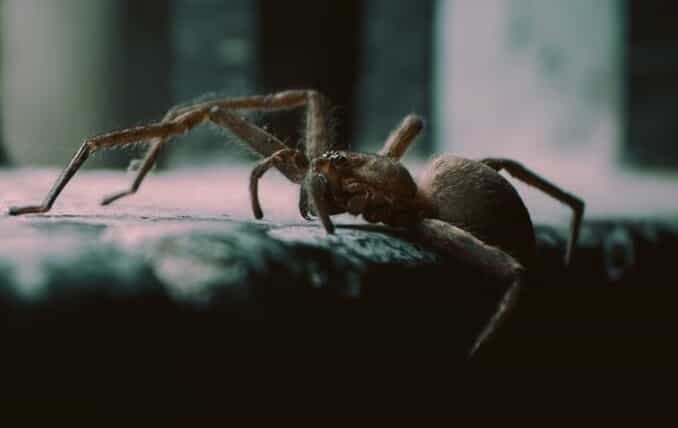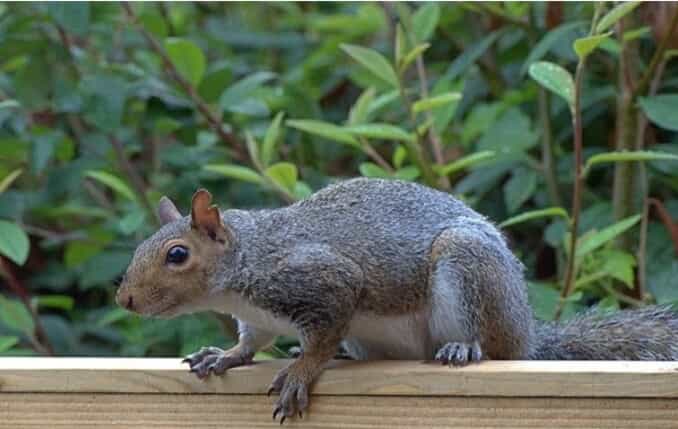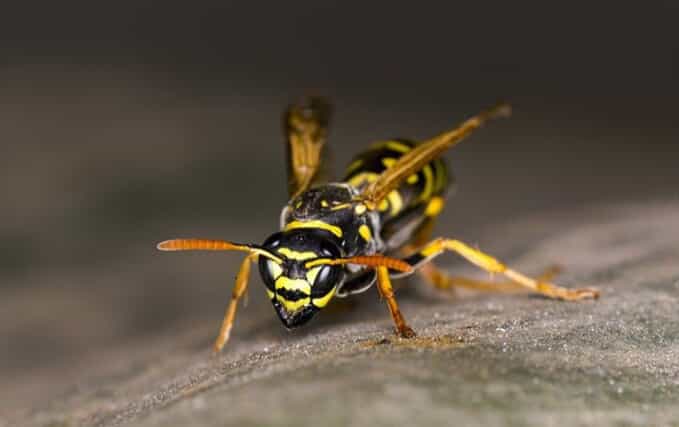
The same thing happens every spring and summer; we are out and about minding our own business trying to enjoy a park, an outdoor event, or our backyards, and suddenly, stinging insects are making any enjoyment impossible with the threat of the painful stings.
Stinging insects bring many benefits to the table, including natural pest control provided by predatory species and the pollination of plants and crops that bees and others provide. These pests are most beneficial when they live outside, well away from our yards and the outdoor spaces we frequent. When in our yards, they are dangerous and unwanted pests!
Stinging insects that regularly nest in our yards and become a threat to people and pets are bald-faced hornets, yellow jackets, and wasps. They are all predatory species and feed on insects. These stinging insects also feed on the same proteins and sweets we do, and you'll often see them around trash cans, recycling bins, outdoor eating areas, and compost piles or gardens. Food initially attracts them to a property, and safe sheltered areas entice stinging insects to build a nest and stay for the long haul.
Some of the most common places to discover stinging insect nests include trees, shrubbery, the exterior of homes, under decks or fence rails, and ground holes. Other less than ideal places that stinging insects often make their home include wall voids, play structures, and under outdoor furniture. Inspecting common nesting sites will help you keep an eye out for them, allowing you to call for professional help before their colony becomes too large and dangerous.
If stinging insects ever nest in your Oregon yard or home, immediately reach out to us at Ultimate Pest Control, LLC. To further help you protect your property against stinging insects, we want to offer you some of our most practical stinging insect prevention tips.
- Cut back shrubbery and trees from your home's exterior.
- Fill in ground holes that develop in your yard.
- Inspect fences, decks, outdoor furniture, and play structures regularly for stinging insect nests.
- Keep lids on trash cans and recycling bins.
- Make sure outdoor eating areas are free of food debris.
- Maintain your lawn, keep the grass cut short and get rid of flowering weeds.

